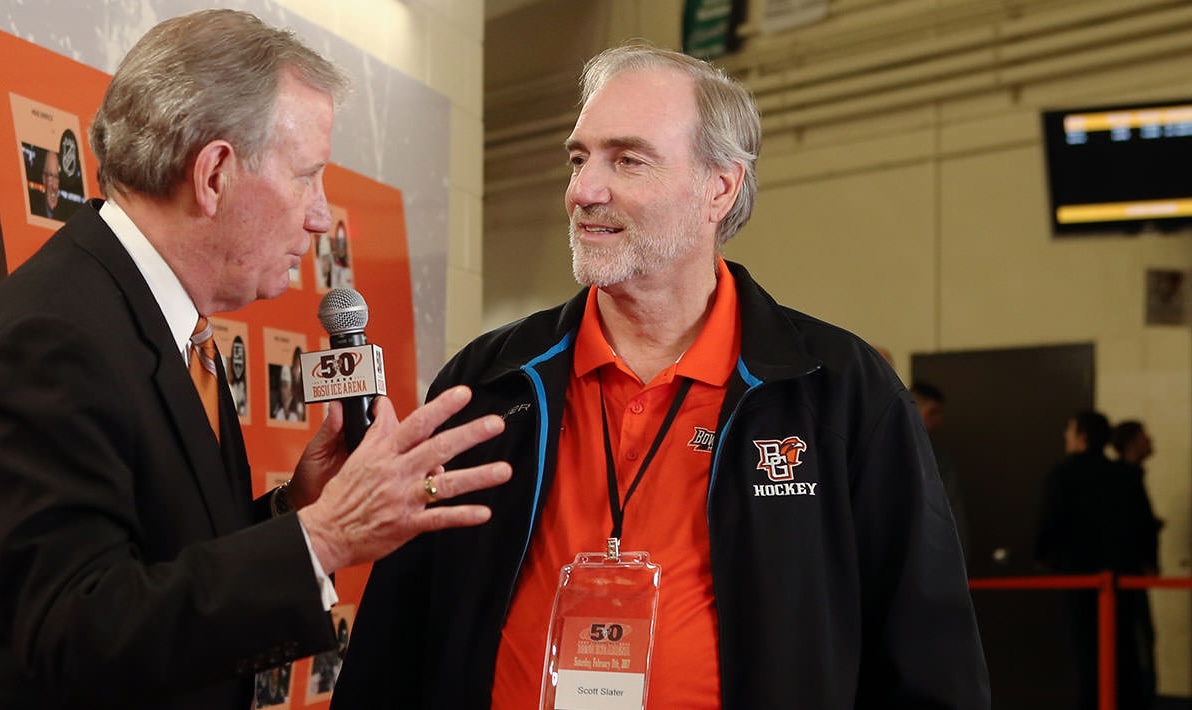Retention rates drop from mental health crisis
April 23, 2023
College students across the nation have been dropping out of school at alarming rates over the last 50 years, BGSU students being no exception. According to BGSU’s own Office of Institutional Research, the six-year graduation rate for the university is 55.7%.
University staff and researchers are citing post-COVID mental health problems as one of the factors contributing to the graduation rate.
BGSU is one of the many colleges in Ohio where student retention is considerably low compared to other schools such as Kent State University or the University of Cincinnati.
Many college students have acknowledged poor mental health contributing to their decision to take a pause in school or end their studies entirely.
Tessa Armstrong, a former BGSU student, explained why she chose to stop attending and the different mental health reasons that went into her decision.
“I was unhappy at BG and didn’t feel motivated to fix the problem, and it was during the pandemic so that created an even worse environment,” said Armstrong.
Armstrong explained the certain ways she felt BGSU prioritized the mental health of their students and whether she utilized the resources the university offers.
“I think BGSU did have the resources I needed, but I didn’t feel motivated to seek them out because I didn’t feel like BG was my home,” says Armstrong.
Armstrong’s experience isn’t out of the ordinary for other BGSU students, as many struggle to find the motivation for school when experiencing other mental health factors such as anxiety or depression.
Emily Liptock, graduating senior and Biology major, explained her experience with losing motivation throughout her education and the different struggles that came with the pressure.
“College is especially stressful because there is so much pressure to succeed,” said Liptock. “Struggling with common factors like anxiety and depression can make it extra challenging because you are trying to balance everything.”
Phil Hughes, a licensed clinical counselor and the community intervention coordinator for the BGSU Counseling Center, explained that he doesn’t necessarily feel as if retention and graduation rates are being affected by the mental health crisis.
“I think there is a lot of support on our campus,” said Hughes. “President Rogers and upper administration see great value in mental health help, and that is not the case on a lot of other college campuses.”
But many students still disagree and say that mental health is the main factor in deciding whether to end their college experience.
Mental health experts from Boston University said that mental health in college students has been in a consistent decline for eight years, with a 135% increase in depression and a 110% increase in anxiety.
“Having depression or anxiety is something I feel like is a common problem with students my age or anyone in college struggling to balance everything,” said Liptock.
According to experts, one in three students meet the criteria for a significant mental health problem, the most common being anxiety and depression.
This becomes concerning to students because these statistics are pre-pandemic, and overall mental health rates, not just in college students, have gone down drastically since 2020.
With all this information many are wondering about the ways we can start to fix these recurring problems and improve the mental health rates of college students.
Hughes thinks that mandated mental health training for the staff would be the best way to mend the mental health decline and possibly fix the amount of students who don’t feel motivated in school anymore.
“I think mandated mental health training would be really important. It would be a start to discuss the resources available for the staff, and to discuss how to better support students,” said Hughes.
Many feel that the mental health decline is responsible for the low graduation rate and high retention rate for BGSU, and many students have ideas for the way to fix this.
Armstrong feels as if BGSU could solve this problem in many ways and gives suggestions for ways that could have prevented her from choosing to leave BGSU.
“I want the advisors and the counselors to do weekly check-ins with any student who feels it would be necessary or help them in any way,” she said. “A new environment, especially being college, can cause a lot of anxiety or other strong emotions and I feel like this would help students have a better experience at BGSU.”











